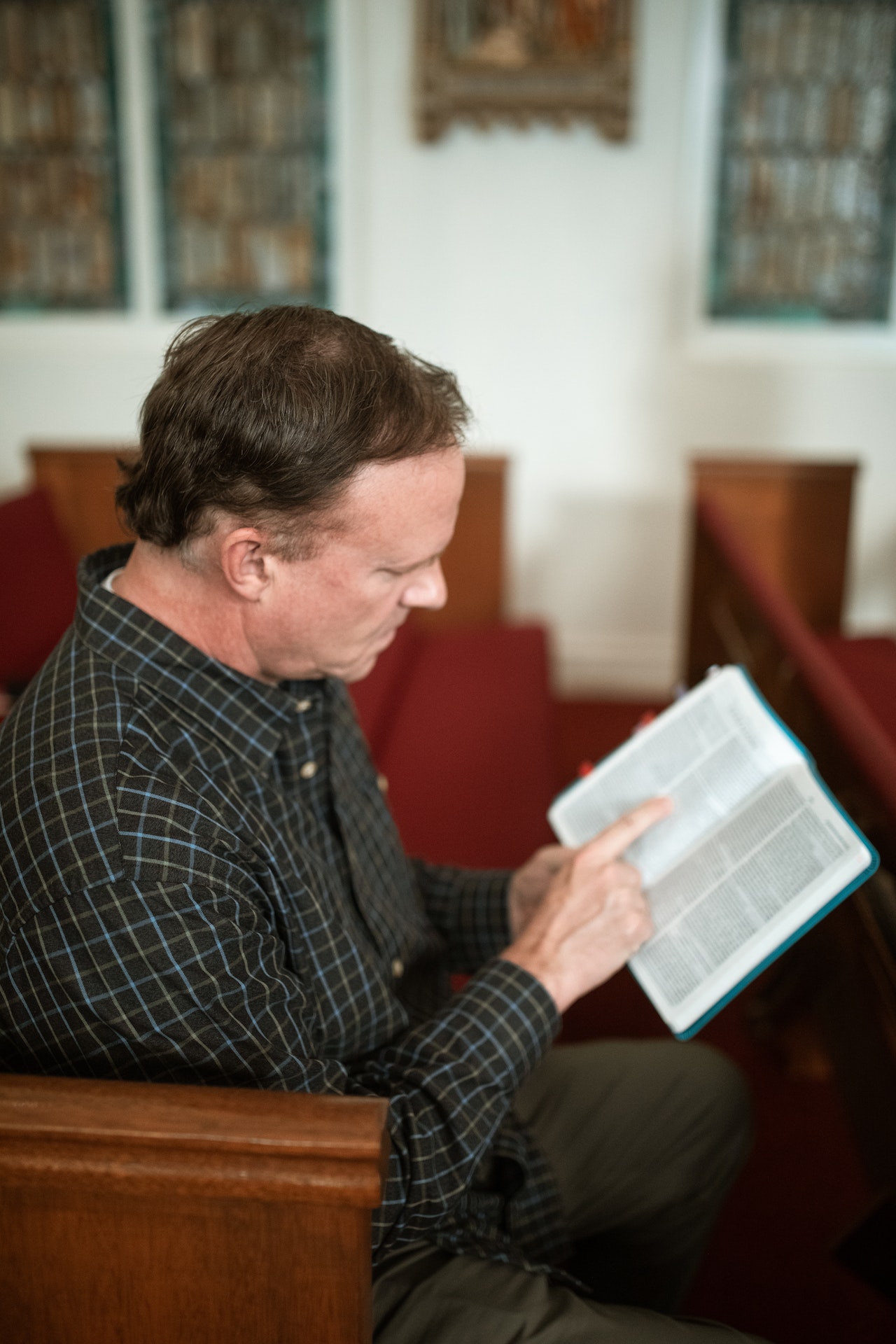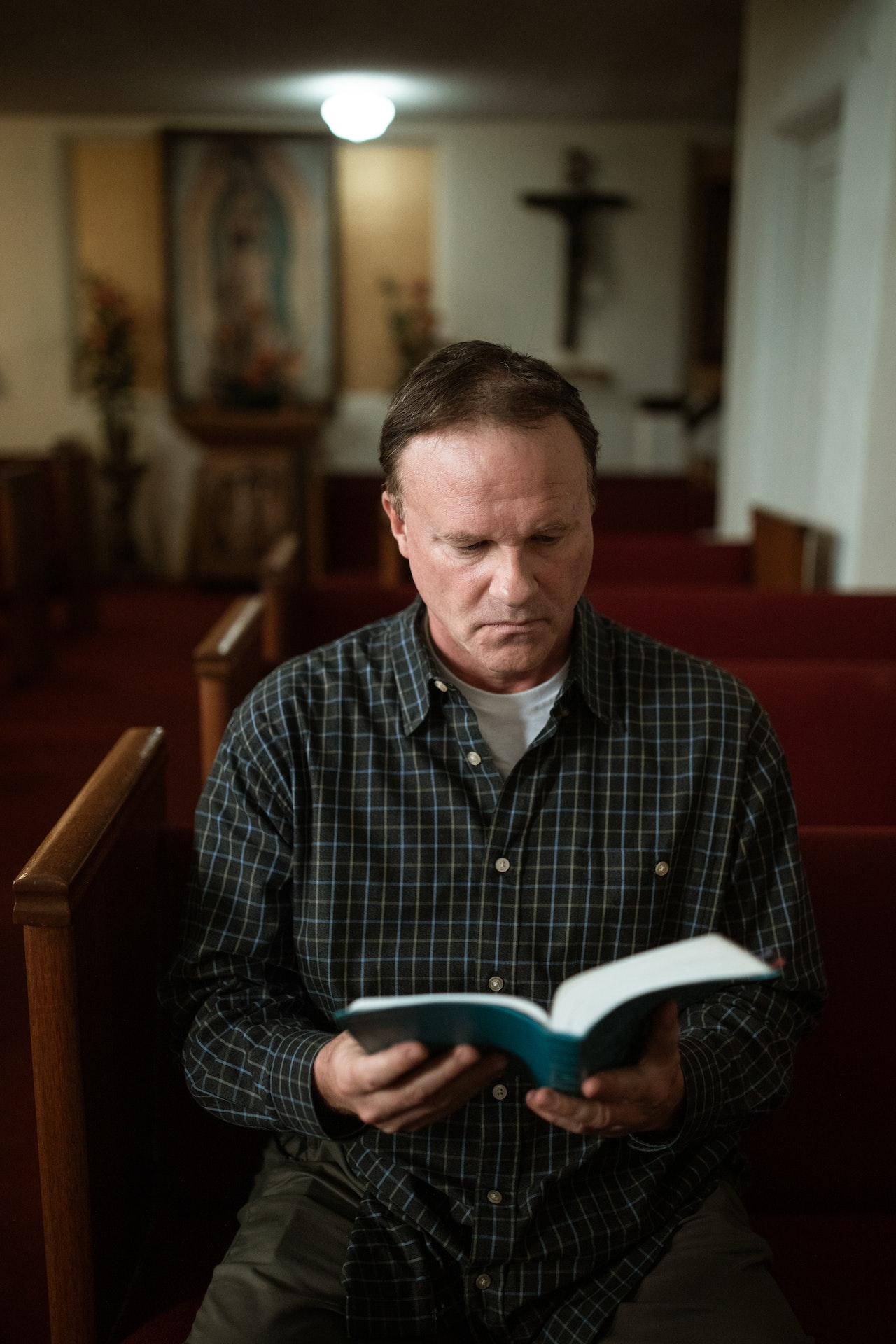Confession is an important part of the Catholic faith, but it can be difficult to make the time to go to confession. This article will explore the question of whether it is okay not to go to confession. We will look at the importance of confession in the Catholic faith, the consequences of not going to confession, and the alternatives to confession. We will also discuss the importance of seeking spiritual guidance and support from a priest or spiritual director. Finally, we will provide some tips for making the most of the confession experience.
Table of Contents
The Benefits of Going to Confession: Why It’s Important to Make Time for Reconciliation
Have you ever felt like you needed to unburden yourself of something? Maybe you’ve done something wrong and you’re feeling guilty, or maybe you’re just feeling overwhelmed and need to talk to someone. If this is the case, then it might be time to consider going to confession.
Confession is an important part of the Catholic faith, and it can be a great way to get back on track with your spiritual life. It’s a chance to talk to a priest and confess your sins, and to receive absolution and forgiveness. But even if you’re not Catholic, there are still many benefits to going to confession. Here are just a few of them:
1. It can help you to feel better. Confession can be a great way to get rid of any guilt or shame you may be feeling. It can help you to move on from whatever it is that’s been bothering you and to start fresh.
2. It can help you to become more aware of your actions. When you confess your sins, it can help you to become more mindful of your behavior and to make better choices in the future.
3. It can help you to build a stronger relationship with God. Confession can be a great way to reconnect with God and to strengthen your faith.
4. It can help you to become more honest with yourself. Confession can be a great way to be honest with yourself about your mistakes and to learn from them.
Making time for confession can be a great way to get back on track with your spiritual life. It can help you to feel better, to become more aware of your actions, to build a stronger relationship with God, and to become more honest with yourself. So if you’re feeling like you need to unburden yourself, then it might be time to consider going to confession.
Exploring the Reasons Why Some People Choose Not to Go to Confession
For many people, going to confession can be a daunting experience. It can be difficult to open up and share our deepest secrets and sins with a priest. It can also be difficult to accept the consequences of our actions and to make amends. That’s why it’s understandable that some people choose not to go to confession. Here are some of the reasons why:
1. Fear of Judgment: Some people may feel that confessing their sins to a priest will lead to judgment or criticism. They may worry that the priest will think less of them or that they will be judged for their actions.
2. Embarrassment: It can be embarrassing to admit our wrongdoings to another person, especially a priest. We may feel ashamed or embarrassed to talk about our sins and may not want to face the consequences of our actions.
3. Lack of Belief: Some people may not believe in the power of confession or the Catholic Church. They may not believe that confessing their sins will lead to forgiveness or absolution.
4. Lack of Understanding: Some people may not understand the purpose of confession or the process of absolution. They may not understand why it is important to confess their sins and may not see the value in doing so.
5. Lack of Time: For some people, going to confession may not be a priority. They may not have the time or energy to go to confession and may choose to focus on other things instead.
No matter the reason, it’s important to remember that everyone has their own beliefs and opinions. If someone chooses not to go to confession, it’s important to respect their decision and to be understanding.
Examining the Impact of Not Going to Confession on Mental and Spiritual Health
If you’re a Catholic, you’ve probably heard of the importance of going to confession. But what happens if you don’t go? Is it really that big of a deal?
The short answer is yes. Not going to confession can have a significant impact on your mental and spiritual health. Here’s why.
First, confession is a way to unburden yourself of guilt and shame. When we don’t confess our sins, we carry them around with us, which can lead to feelings of guilt and shame. This can lead to depression, anxiety, and other mental health issues.
Second, confession is a way to reconnect with God. When we don’t confess our sins, we can feel disconnected from God and our faith. This can lead to feelings of spiritual emptiness and a lack of purpose.
Finally, confession is a way to receive forgiveness. When we don’t confess our sins, we don’t receive the forgiveness that comes with it. This can lead to feelings of guilt and regret that can be hard to shake.
So, if you’re a Catholic and you’ve been avoiding confession, it’s time to take a step back and consider the impact it’s having on your mental and spiritual health. Confession is an important part of the Catholic faith and can be a powerful tool for healing and growth.
How to Find the Courage to Go to Confession When You’re Feeling Reluctant
If you’re feeling reluctant to go to confession, it’s understandable. It can be intimidating to admit our sins and shortcomings to another person, even if that person is a priest. But it’s important to remember that confession is a sacrament of healing and mercy. It’s a chance to unburden ourselves and receive God’s grace.
Here are a few tips to help you find the courage to go to confession:
1. Pray for strength. Ask God to give you the courage to face your sins and to accept His forgiveness.
2. Remember that the priest is there to help you. He is not there to judge you or make you feel ashamed. He is there to listen and to offer guidance and support.
3. Take a deep breath and remind yourself that you are not alone. God is with you and He loves you.
4. Focus on the positive. Think about how much better you will feel after you have confessed your sins and received absolution.
5. Talk to a trusted friend or family member. Sometimes it helps to talk to someone who can provide support and encouragement.
Confession can be a difficult but rewarding experience. With a little courage and faith, you can find the strength to face your sins and receive God’s mercy.
Conclusion
In conclusion, whether or not it is OK not to go to confession is a personal decision. For some, confession is an important part of their faith and spiritual practice, while for others it is not. Ultimately, it is up to the individual to decide if confession is something they want to do or not.
For licensing reasons, we must provide the following notice: This content was created in part with the help of an AI.


